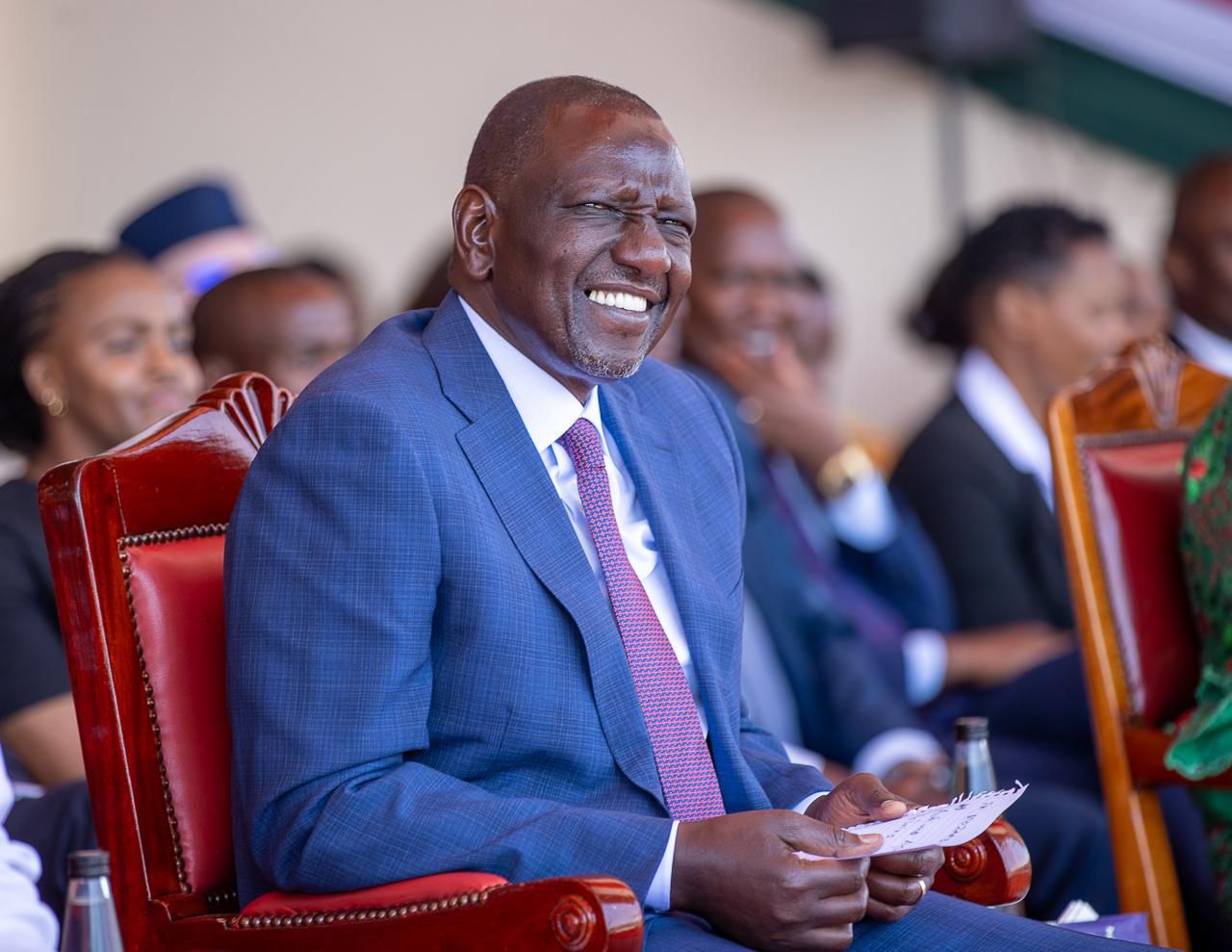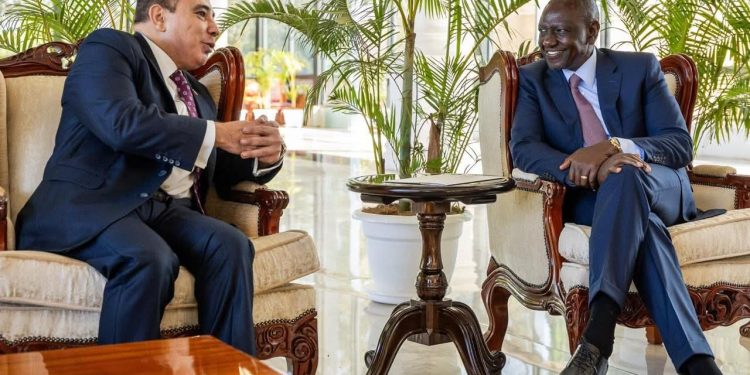Almost 62 years have elapsed since the establishment of bilateral friendly diplomatic relations between Kenya and Egypt, throughout which bridges of understanding and cooperation have been extended. Their ties, in fact, date back to pre-colonial times, facilitated by trade routes connecting Africa, the Middle East, Europe, and Asia. Egypt’s position along the Nile River and the Mediterranean, on the one hand, and Kenya’s access to the Indian Ocean and its importance for East Africa’s foreign trade, on the other, made both nations integral players in ancient commerce and cultural exchanges.
Once direct neighbours, Egypt rushed to support Kenya’s struggle for independence. “The Voice of Africa”, the first radio broadcasting in Kiswahili, was launched from Cairo. Leaders such as Oginga Odinga, Tom Mboya, and James Gichuru sought refuge in Egypt, with some of them even granted Egyptian diplomatic passports to enable them to promote the Kenyan cause for independence worldwide, after the colonial power rescinded their travel documents.
Kenya’s liberation movement was supported not only by the Egyptian government but also by the Egyptian people. The Orthodox Church of Alexandria strongly advocated for Kenya’s liberation and endured the detention of almost all its clergy in the country as a consequence of preaching anti-colonialism in sermons. The Coptic Orthodox Church has for decades championed numerous philanthropic projects in Kenya, including hospitals, clinics, orphanages, and many other initiatives. The Kenya African National Union (KANU) and the Kenya African Democratic Union (KADU) opened offices in Cairo during that time. It was therefore understandable why Kenya decided to establish its diplomatic mission in Cairo shortly after independence, becoming second only to its embassy in London.
Common interests and shared challenges
In recent years, Nairobi and Cairo have faced together a number of emerging challenges in the Great Lakes, East Africa, the Horn of Africa, and across the Continent. Both confront the perils of terrorism and continue to endure the brunt of instability in their immediate surroundings. Both are striving to confront the impacts of climate change and global economic crises on international trade, global supply chains, and their societies. They are also working closely and industriously to achieve inclusive economic development, peace, and stability in Africa.
Kenya and Egypt share the common vision and determination of the founding fathers of African unity that the Continent should overcome the historic injustices it suffered for long and assume its deserved place in the world. This aspiration may only materialise through resolving the root causes of conflicts, countering terrorism, furthering intra-African trade, mobilising resources and human capital, improving existing African institutions, and leveraging African potentials to fulfil the people’s desire for sustainable development and modernisation. By aligning their regional political priorities, resolving their differences and complementing each other’s efforts, they shall be able to advance continental stability and development, to serve the interests of Africa and the Global South.
The collaboration between Kenya and Egypt to implement the African Union “Agenda 2063: The Africa we want” and their joint endeavour to reform the international financial system provide added stamina to accomplish their mutual goals. Their coordinated efforts are stimulated by their membership of the Common Market for Eastern and Southern Africa (COMESA), as well as other regional arrangements, such as the Tripartite Free Trade Area (TFTA) and the fledgling African Continental Free Trade Area (AfCFTA).
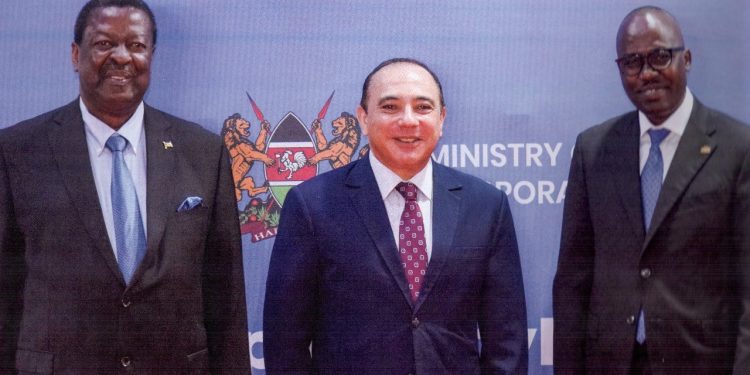
Hand-in-hand towards growth
The burgeoning economic cooperation between Kenya and Egypt indeed represents a model for African integration. Bilateral trade volume rose to almost USD 700 million in 2024, with a steady annual growth. In the first half of 2025 alone, it recorded a 9% increase compared to the same period the previous year, a matter that projects more interdependence. Egypt now ranks as Kenya’s 10th largest trade partner and the second-largest importer of Kenyan Tea, in addition to coffee and horticultural products.
On the other hand, last year also witnessed a significant rise in Egypt’s exports of capital goods, including agricultural machinery, as well as fertilisers. This came in support of Kenya’s policy to develop its agroindustry and achieve food security. Although Egyptian ventures are currently considered only the 19th largest foreign investment in Kenya, both countries set their eyes on the expansion of their existing cooperation in information and telecommunication technology and water management, in tandem with forging new partnerships. Such partnerships would include areas of land reclamation, manufacturing, pharmaceuticals, healthcare services, renewable energy production, infrastructure and urban development, and maritime affairs, hence attracting more capital investments and creating job opportunities for their youthful populations.
The State Visit by President Ruto in January this year was instrumental in laying the foundation for enlarging the joint cooperation portfolio. It not only marked the first-ever State Visit by a Kenyan President to Egypt, but also commemorated six fruitful decades of bilateral diplomatic ties. The leaders of the two nations, by signing a joint declaration to elevate the relations to a Strategic and Comprehensive Partnership, together with 12 agreements, in addition to the four previously signed during the Joint Commission for Cooperation (JCC), held in Nairobi, in March 2024, have set in motion intensive engagements, ushering in a new era that promises to unleash the limitless potential of the two sisterly nations. The Business Forum that took place parallel to the JCC meetings brought together representatives of over 80 public and private sector companies, allowing them to explore possible joint ventures and agree on expanding their existing ones. This was manifested in the increase of Egyptian investments flocking to Kenya, with 76 Egyptian companies now registered with Keninvest.
In parallel, Cultural and educational exchanges have fostered Kenyan-Egyptian relations throughout the years. Egypt’s Al-Azhar, the largest and most distinguished Sunni institution in the world, has long provided scholarships to Kenyan students and regularly dispatched preachers to promote moderate Islam within Kenya’s Muslim community. Tourism serves as another bridge connecting the two nations. Kenyan visitors are drawn to Egypt’s iconic landmarks, such as the Pyramids of Giza and the Holy Family Trail, while Egyptian tourists marvel at Kenya’s renowned wildlife safaris and scenic landscapes. These exchanges not only promote mutual understanding and bring people closer together but also contribute to the growth of both economies.
Student exchange and scientific cooperation help equip the next generation of highly-qualified professionals to enter the workforce. With a total of 98 public and private universities and community colleges across Egypt, Kenyan youth have an abundance of opportunities to pursue their university degrees in any of these institutions, in the fields of their choice. Through 30 annual scholarships funded by the Government of Egypt, they can pursue their undergraduate degrees in any of the public universities, of which 10 rank among the top 1000 universities worldwide according to the Times Higher Education Index. Additionally, they may benefit from hundreds of available scholarships offered to African students to obtain postgraduate degrees from the Egypt-Japan University of Science & Technology (E-JUST).
The Egyptian Agency for Partnership for Development (EAPD) also offers Kenyans numerous professional training opportunities in areas that include healthcare, advanced irrigation systems, water management and treatment, modern agricultural techniques, land reclamation, management of power grids and ICT, security, diplomacy, and public administration, to name only a few.
Last Words
In sum, the future of Kenyan-Egyptian relations holds great promise and reveals the potential of African nations to unite for reciprocal benefits. Rooted in their shared history and bolstered by strategic cooperation, their partnership underscores the importance of dialogue and coordination to realise mutual aspirations. By working together, Kenya and Egypt can contribute to a more integrated, prosperous, and peaceful Africa.
Throughout my life in Kenya over the past three years and my travels across the country, I have found that the elders recognize the potential of their youth and that the future is theirs. I have also found youths aspiring to a prosperous future for their country. Most of them respect the wisdom of their elders and the sacrifices they made for their homeland. I found people with kind hearts, welcoming and sincere smiles, and a strong resolve. As I now complete my tour of duty, I will carry with me wonderful memories of the magical Kenya, and will always treasure the friendships I won.
Kwaheri Kenya lakini utabaki moyoni mwangu.
This article was written by Wael Nasreldin Atttiya, Ambassador of Egypt to Kenya
Follow our WhatsApp Channel and X Account for real-time news updates.


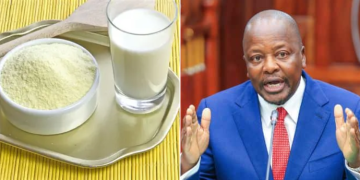

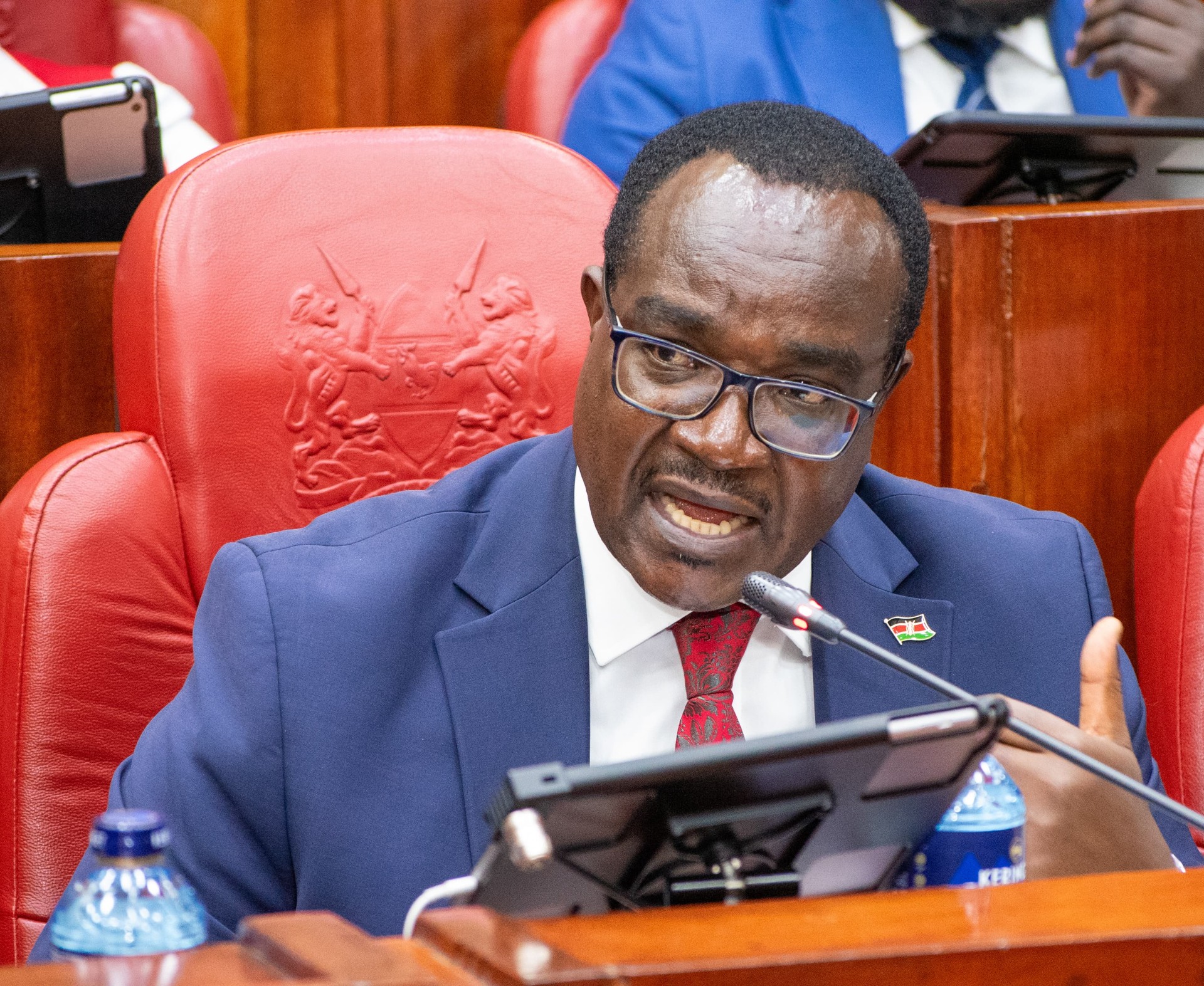












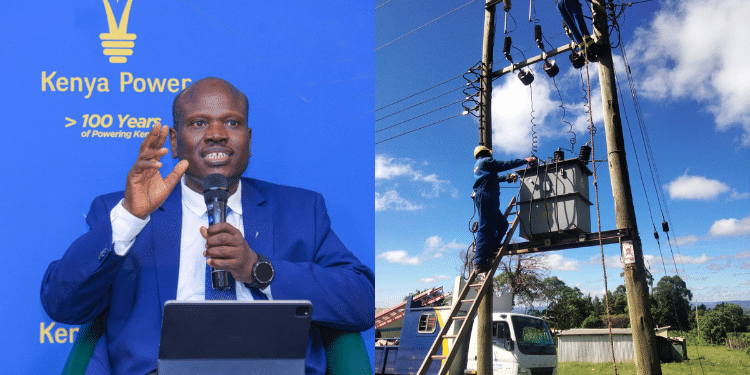




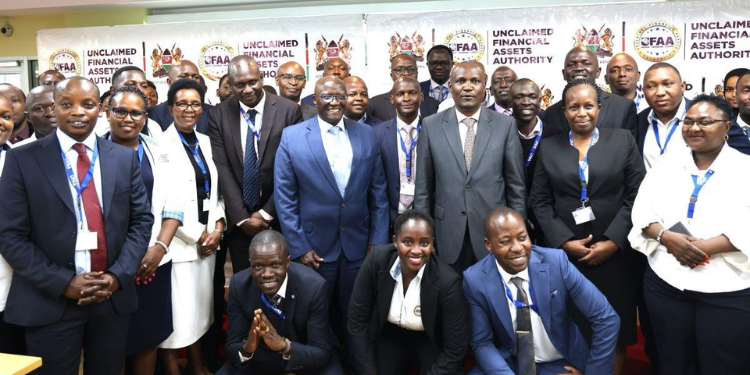
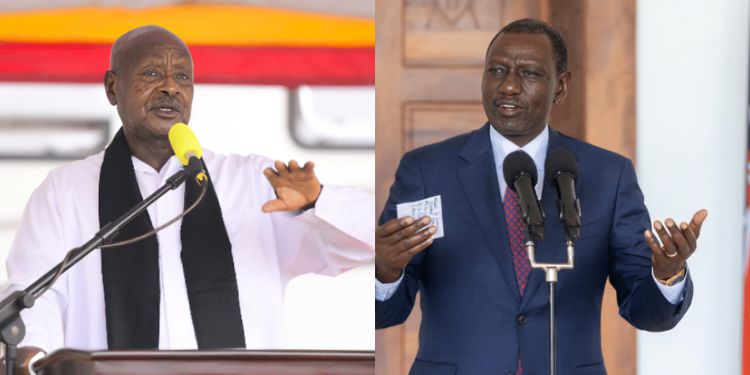

























![Senator Allan Chesang And Chanelle Kittony Wed In A Colourful Ceremony [Photos] Trans Nzoia Senator Allan Chesang With Channelle Kittony/Oscar Sudi]( https://thekenyatimescdn-ese7d3e7ghdnbfa9.z01.azurefd.net/prodimages/uploads/2025/11/Trans-Nzoia-Senator-Allan-Chesang-with-Channelle-KittonyOscar-Sudi-360x180.png)


















